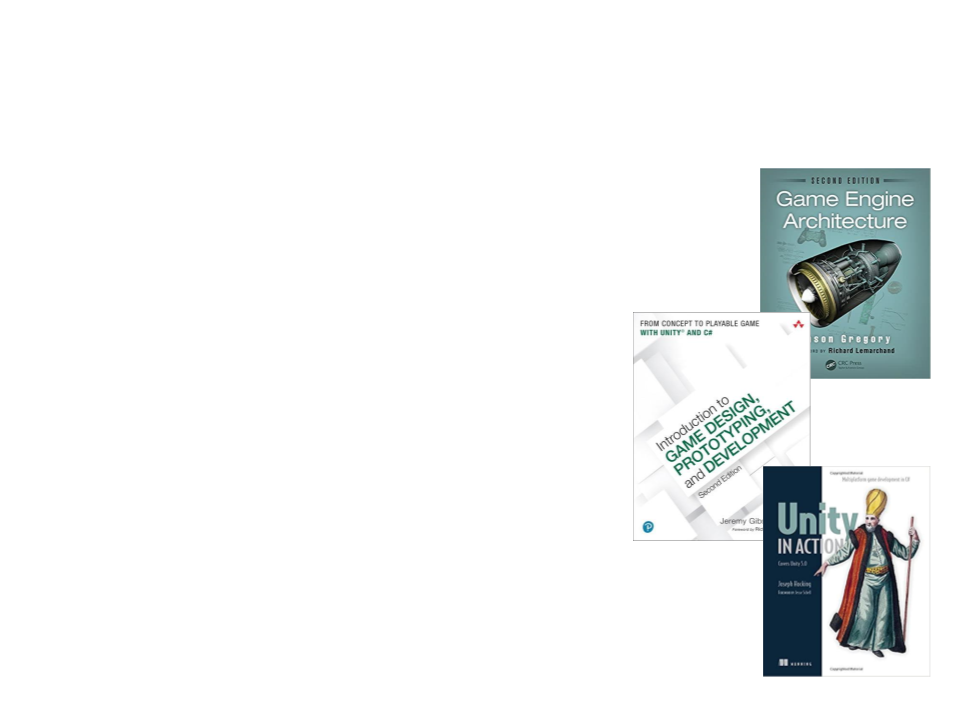
Game Frameworks
General Course Information
Edirlei Soares de Lima
<edirlei.lima@universidadeeuropeia.pt>

Game Frameworks
•
Professor: Edirlei Soares de Lima
–
Education:
•
•
•
B.Sc. in Computer Science – UnC
M.Sc. in Computer Science – UFSM
Ph.D. in Computer Science – PUC-Rio
–
–
Teaching Experience: PUC-Rio, UNIRIO, UERJ, IADE-UE
Game Experience:
•
•
•
Game Engines: RPG Builder, 3D Game Builder;
Research Projects: most are related with Logtell (http://www.icad.puc-rio.br/~logtell/);
Games: Krimson (Best Game Award at SBGames 2010 – Indie Game Development
Festival), and several other prototype games.
–
More Information: https://edirlei.com/

What is a Game Framework?
•
•
•
A game engine, also known as game
framework, is a software designed for
people to create games.
–
Programming libraries vs complete frameworks
A game engine is extensible and can be
used as the foundation for developing
many different games without major
modification.
Examples:
–
Quake engine (1996), Unreal Engine (1998),
Source Engine (2004), CryENGINE (2004) ,
Microsoft XNA (2006), Unity (2005), Frostbite
Engine (2008), etc...

Game Frameworks
•
•
Games Development:
–
–
–
Explore the main modules of a game engine;
Study of the Unity game engine;
Study of the C# programming language;
Learning Outcomes:
1
2
3
4
. Explain the main modules of a game engine;
. Implement 2D games using Unity;
. Code C# scripts to solve general game programming problems;
. Build 2D games to various platforms in Unity;

Game Frameworks
•
Module Content:
1. Introduction to Game Engines;
2
. Unity for 2D game development:
a. Introduction to Unity and C#;
b. 2D Physics;
c. Camera;
d. Sprites and Animations;
e. Tilemaps;
f. Game User Interfaces;
g. RESTful Web Services and HTTP Communication in Unity;
3
. 2D Game Development Topics;

Method
•
Active and experiential learning:
–
–
–
Theoretical concepts;
Practical examples;
Implementation exercises;
•
•
Game framework: Unity 2021.1.x
Semester’s PBL team project:
–
Implementation of the 2D game using the methods and techniques
learned during the course.

Evaluation
•
Continuous Assessment:
–
[70%] Intermediate assessment:
•
[60%] Individual exercises on the concepts learned;
•
[40%] Second intermediate delivery of the semester’s PBL team project
(
game prototype).
–
[30%] End of term assessment:
•
[100%] Final delivery of the team project (within the semester’s PBL team
project) with individual discussion.
•
Final Assessment:
–
[100%] Practical exam on the concepts learned.

Evaluation
•
Project Deliveries:
–
–
–
1st delivery: game specification
•
No evaluation for Game Frameworks.
2nd delivery: working prototype
•
General code and project + implementation progress.
3rd delivery: final version
•
General code and project + overall game complexity and game
experience.
•
A report describing the implementation of the main technical features of
the game must be delivered (examples of technical features: an inventory
system, a procedural level generation algorithm, pathfinding, etc.).

Bibliography
•
•
Gregory, J. (2014). Game Engine Architecture
(
Press. ISBN: 978-1-4665-6001-7
2nd ed.). Boca Raton, FL: A K Peters/CRC
Jeremy G. (2017). Introduction to Game
Design, Prototyping, and Development: from
the Concept to Playable Game - with Unity
and C# (2nd ed.). Boston, MA: Addison-
Wesley Professional. ISBN: 978-0134659862
•
Hocking, J. (2018). Unity in Action:
Multiplatform Game Development in C# (2nd
ed.). Shelter Island, NY: Manning Publications.
ISBN: 978-1617294969

Game Frameworks
•
•
Canvas: Game Frameworks
Course webpage:
–
http://edirlei.com/gameframeworks
•
Contact:
–
–
edirlei.slima@gmail.com
